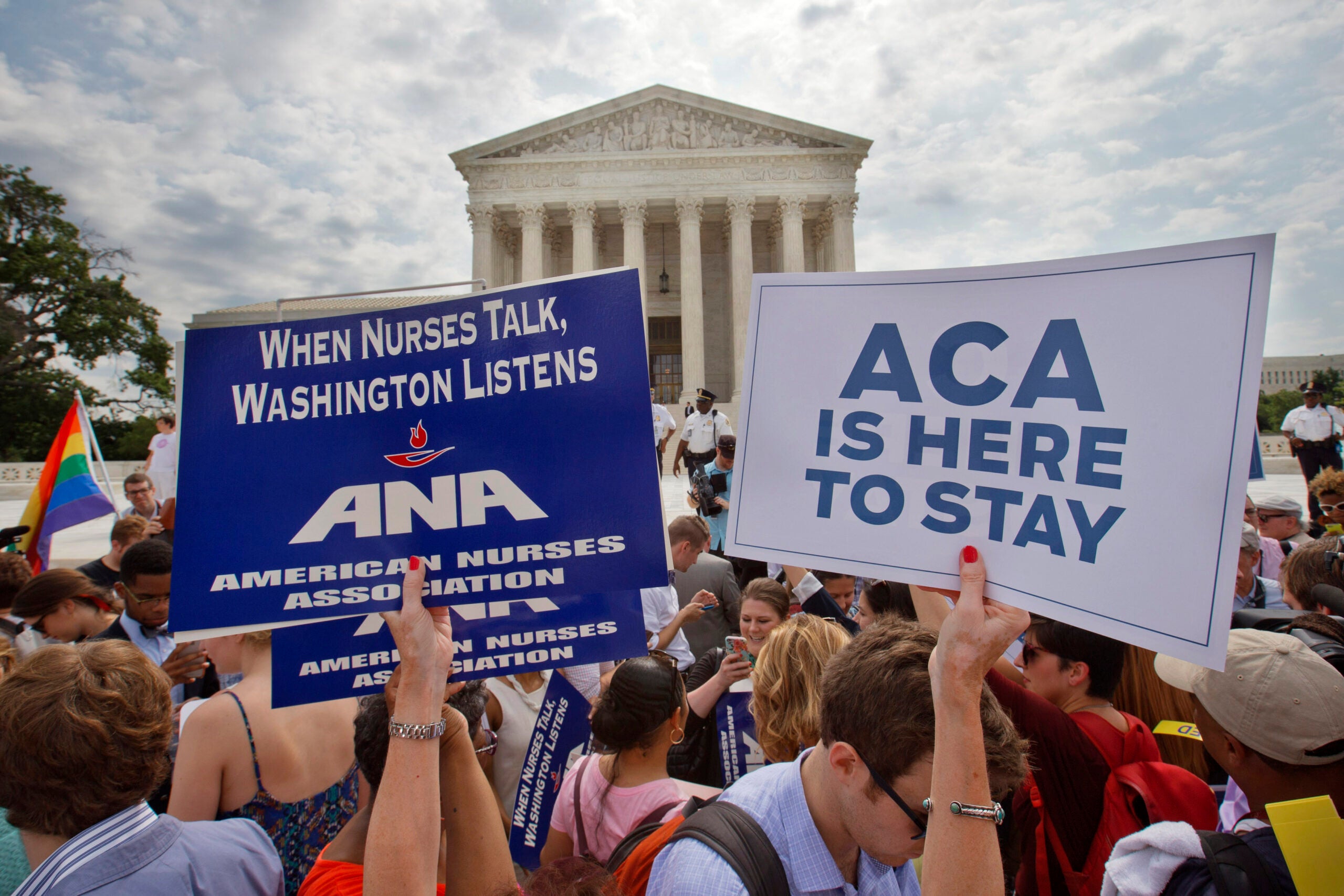The end of the tax year is quickly approaching. Larry Meiller finds out what we should get done before December 31st in order for it to count for our 2014 tax filing, including having documentation of health insurance to comply with the Affordable Care Act.
Featured in this Show
-
For 2014 Taxes, Be Ready To Provide Proof Of Health Insurance
Amid holidays, school vacations and bad weather, it can be easy to forget that Dec. 31 is the cut-off for counting a lot of things toward 2014 taxes.
There’s a brand-new requirement task that needs to be taken into consideration by the end of the calendar year: the proof of individual insurance that’s required by the Affordable Care Act, according to Mary Mellem, a tax professional from Green Bay who has been in the business for 30 years. She and her husband David Mellem operate Ashwaubenon Tax Professionals.
She said that the requirement to be insured and have proof begins with filing 2014 taxes, but that there are issues when it comes to how to document that proof on a tax return.
“The government is not ready for us,” Mellem said, “in the sense that they have not provided us with a document that is issued by the insurance company.”
In the absence of an official form, Mellem said, she and her colleagues are asking clients to bring them other documentation: “We have to be a little creative about what we ask clients to furnish us,” she said.
A certificate of coverage for a health plan or bills for insurance can be used as proof, Mellem said. In addition, for senior citizens, a Social Security statement that shows a deduction for Medicare payments would also work.
According to Mellem, the law technically says that proof must be furnished that the taxpayer was covered for every month of the year. She added that it is possible to go without insurance coverage for up to two consecutive months without incurring a penalty.
According to the HealthCare.gov website, a wide range of plans count as the “minimum essential coverage” that is required. However, it also notes that the following do not:
- Coverage only for vision care or dental care.
- Workers’ compensation.
- Coverage only for a specific disease or condition.
- Plans that offer only discounts on medical services.
If a taxpayer can’t prove that they have an appropriate insurance plan, the government will levy a penalty. Mellem cautioned that there has been a lot of misinformation circulating about the penalty, and that it’s important to be aware of what the costs would be for not being covered. She said that people who think that what they would owe is worth not getting insurance may be in for an unpleasant surprise.
Mellem said that there are two parts to the penalty for not having health insurance, and that money owed will be included on the federal tax filing form — either adding to what is already owed, or decreasing the amount of a refund.
According to HealthCare.gov, the penalty for a lack of coverage in 2014 will be the greater of these two amounts:
1% of yearly household income. (Only the amount of income above the tax filing threshold, about $10,000 for an individual, is used to calculate the penalty.) The maximum penalty is the national average premium for a bronze plan.
$95 per person for the year ($47.50 per child under 18). The maximum penalty per family using this method is $285.
While the structure is the same for 2015, the penalties will increase for that year and will continue to rise in 2016. The penalties for 2015 are:
2% of your yearly household income. (Only the amount of income above the tax filing threshold, about $10,000 for an individual, is used to calculate the penalty.) The maximum penalty is the national average premium for a bronze plan.
$325 per person for the year ($162.50 per child under 18). The maximum penalty per family using this method is $975.
Mellem emphasized that the health insurance requirement applies to each member of the family.
“Health insurance is something that has to be in place for a baby the minute it is born, and by a senior citizen until they take their last breath,” she said.
Episode Credits
- Larry Meiller Host
- Judith Siers-Poisson Producer
- Mary Mellem Guest
Wisconsin Public Radio, © Copyright 2026, Board of Regents of the University of Wisconsin System and Wisconsin Educational Communications Board.



